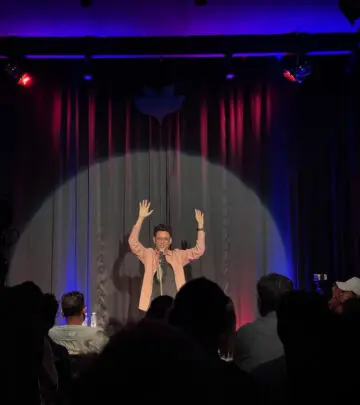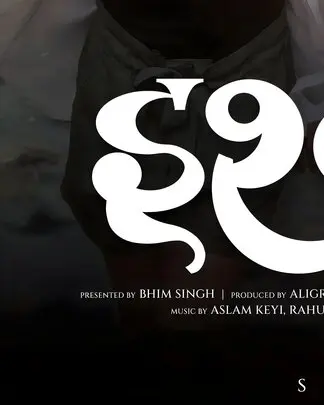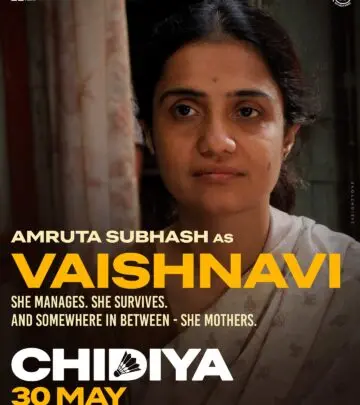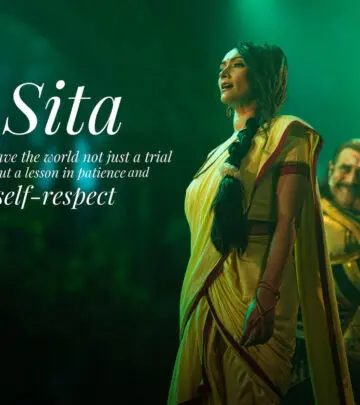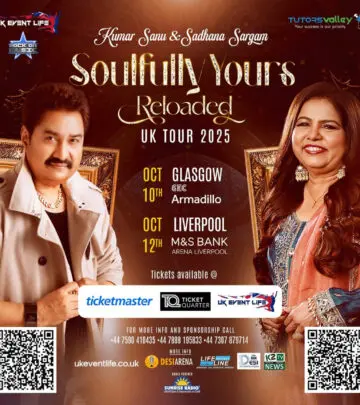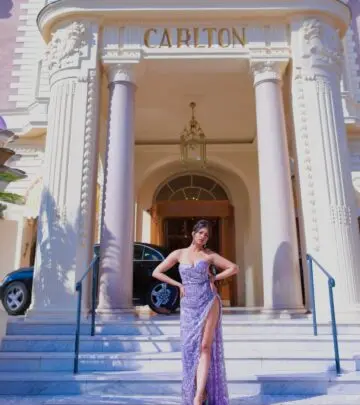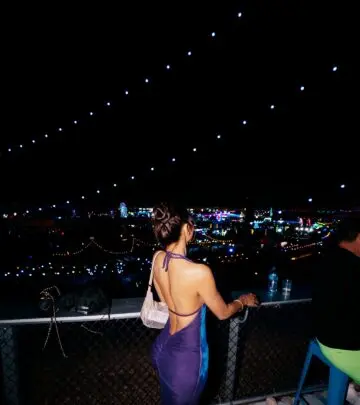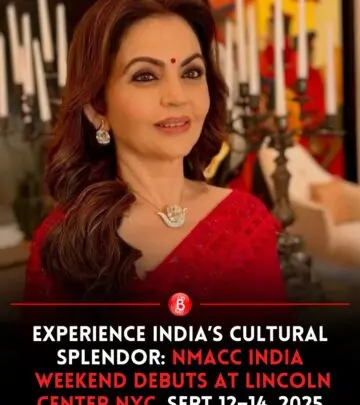Eric Clapton At Mandela Freedom Festival
Vintage London live shot from a historic event celebrating liberation and musical legacy.!
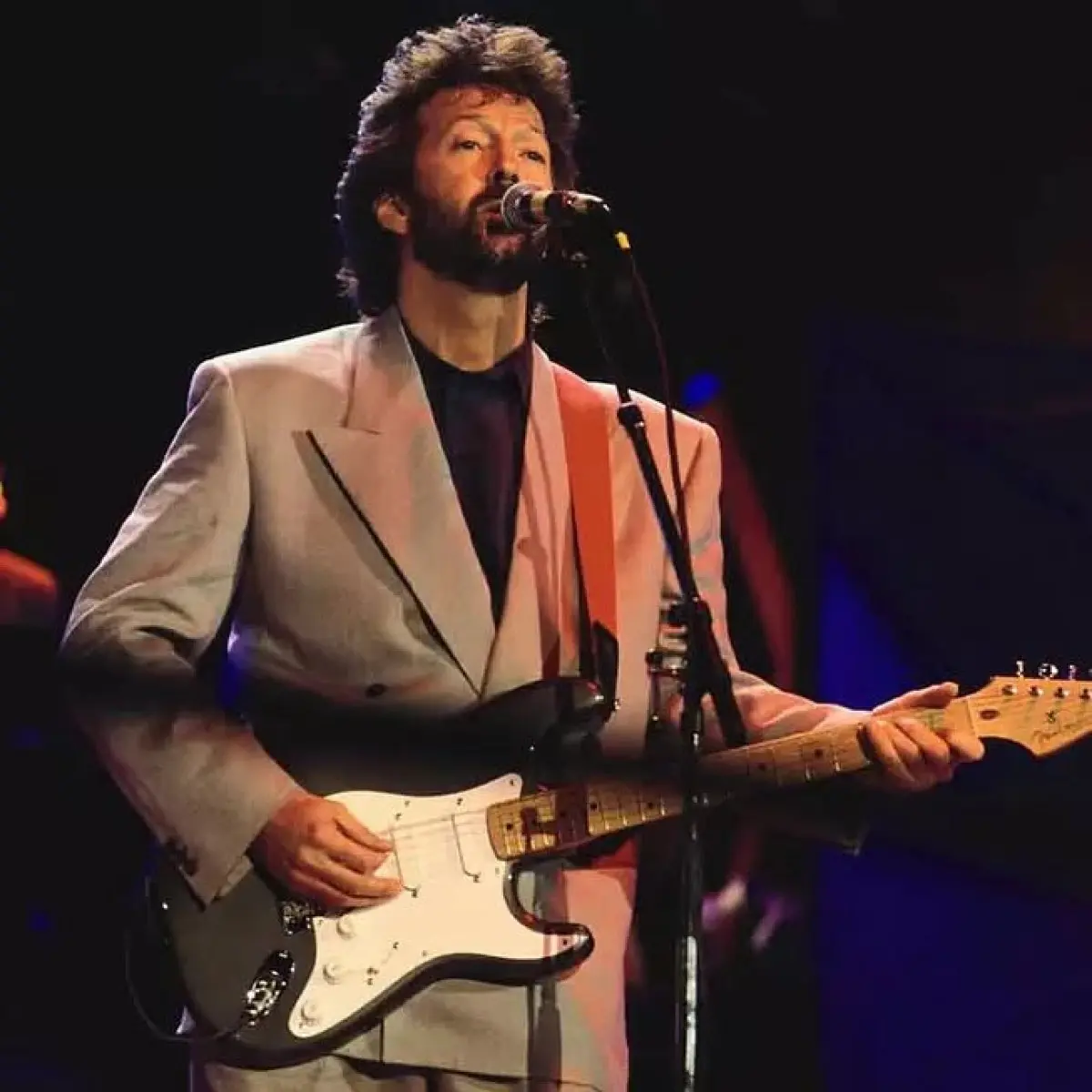
Image: Instagram
A resurfaced live photograph from 1988 is stirring memories of a defining moment in rock history. Captured during the Nelson Mandela Freedom Festival in London, this image offers a rare glimpse of Eric Clapton in his prime at an event that celebrated both music and the ideals of freedom and equality. The photo, credited to @gideonmendel/Corbis via Getty Images, has become a cherished artifact for fans and historians alike.
Historic Snapshot
The image documents Clapton in a live setting that encapsulated the spirit of the times. In 1988, as the international community rallied behind Nelson Mandela’s fight for freedom, London hosted the Mandela Freedom Festival—a melting pot of music, culture, and political expression. The photograph stands as a testament to an era when music was a potent agent for social change. Ironically, while Clapton’s career had, by that point, been defined by his technical brilliance on the guitar, this particular performance also linked him to a global movement dedicated to overcoming racial segregation and oppression.
Attending events such as the Mandela Freedom Festival meant that musicians like Clapton were not just entertainers but were also seen as symbols of hope and defiance. Over the years, his work has transcended mere performance to embrace broader social narratives. This live photographic moment is a reminder of a time when the stage served as a convergence point for art and activism.
Legacy Of A Guitar Legend
Eric Clapton’s journey from the clubs of England in the 1960s to the grand stages of international festivals is well chronicled in music history. An alumnus of rock and blues, his career is punctuated by landmark albums and performances, including the celebrated Unplugged sessions that continue to influence musicians today. A dive into his career reveals not only technical mastery but also an adaptability that has allowed him to remain relevant across decades.
The photograph from 1988 adds another layer to his storied legacy. It reminds us that behind the polished studio recordings and later commercial successes, there is a period when his raw performance resonated with audiences at live events steeped in political significance. Clapton’s association with such events underscores his role as an artist willing to align his work with pressing global narratives—a stance that has earned him both passionate accolades and rigorous critique over the years.
The Festival And Its Significance
The Nelson Mandela Freedom Festival, held in the late 1980s, was more than just a musical event—it was a celebration of resilience under the struggle against apartheid. London, already a global hub for cultural and political discourse, played host to a range of artists whose performances were imbued with messages of solidarity and change. Clapton’s participation in this festival reflects a period when music festivals were pivotal in uniting audiences from diverse backgrounds under common ideals.
Detailed accounts of the festival highlight its role in promoting liberation and human rights. For Clapton, whose career began amidst the transformative eras of rock and roll, performing at such an event added an extra dimension to his public persona. The photograph not only commemorates a specific moment, but also symbolizes the intersection of music and political activism—a narrative thread that continues to run through his career.
Connecting Past And Present
In today’s digital age, rediscovered treasures like this one invite reflection on how far the musical landscape has evolved. Contemporary social media updates and reissues—such as the recent Unplugged: Enhanced Edition and announcements about upcoming performances—serve as reminders that Clapton’s influence is undiminished. Recent Instagram posts from his team have highlighted various milestones, including the re-release of classic performances and live shows in Europe, which connect modern audiences to the rich history of rock music.
For fans browsing through nostalgic archives, this live photo is a bridge between eras. It parallels today’s trend of reviving historical content and making it accessible through digital platforms. Instagram and other platforms have become a virtual stage where such iconic moments are reintroduced to both loyal and new fans. The photo from the Mandela Freedom Festival, therefore, is more than a relic—it is a living piece of music history that continues to inspire discussion and admiration.
Eric Clapton’s career, marked by superlative musical milestones and seminal live performances, reminds us that art can simultaneously entertain and drive social transformation. His 1988 performance at the Mandela Freedom Festival remains a powerful reminder of how live music can echo enduring calls for justice and change. By looking back at moments like these, audiences gain a renewed perspective on the role of musicians as not only virtuosos of sound but also as important chroniclers of cultural and political life.
The image continues to spark conversation among historians, music aficionados, and cultural critics alike, reaffirming Clapton’s reputation as one of the most influential guitarists of his generation. As the world of music preserves and reinterprets these iconic moments, this photograph stands as a pivotal chapter in the broader narrative of artistic expression intertwined with moments of historic significance.
Read full bio of Cynthia Jean Daniel




